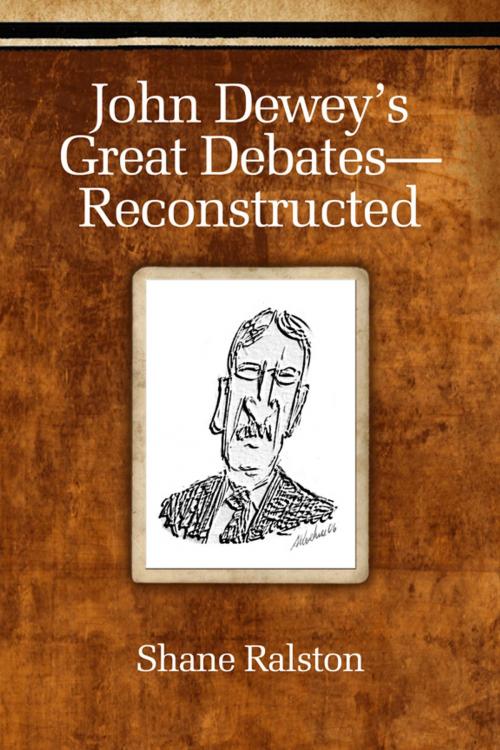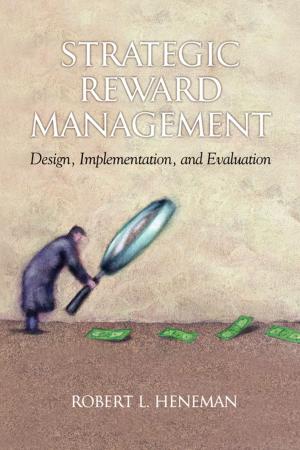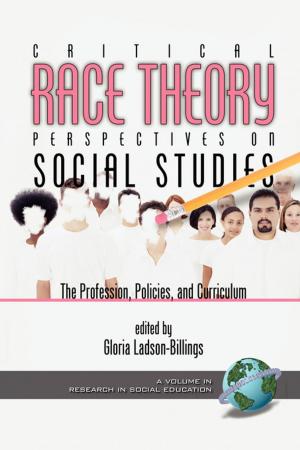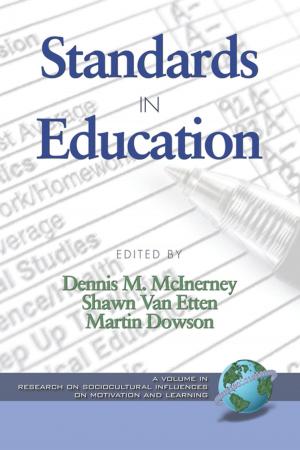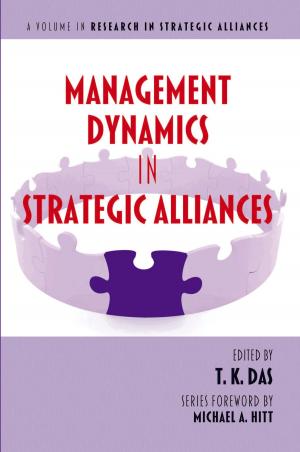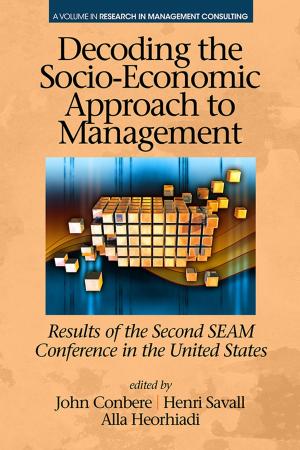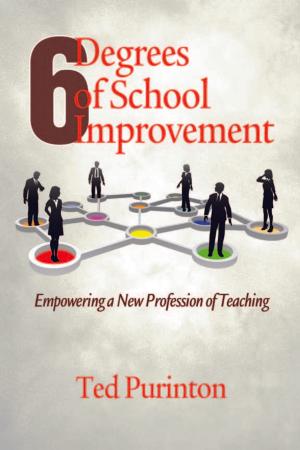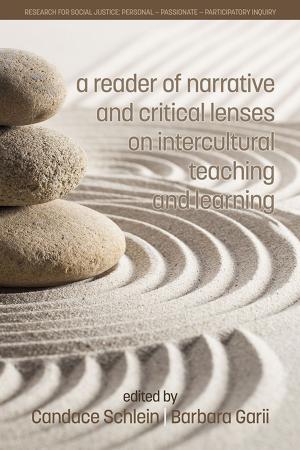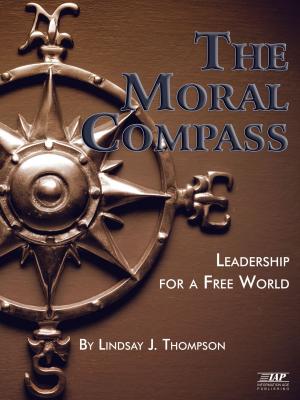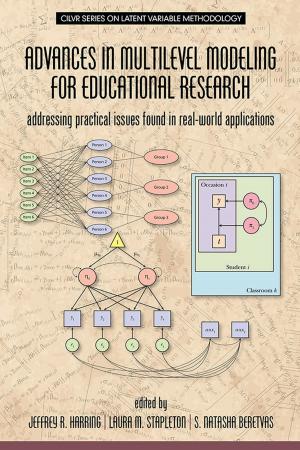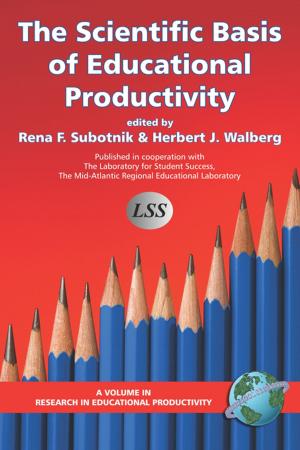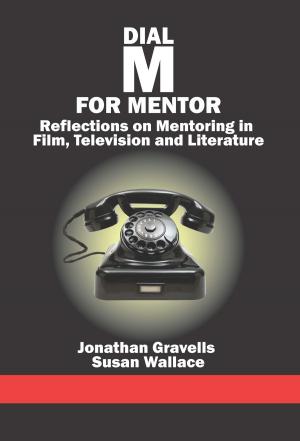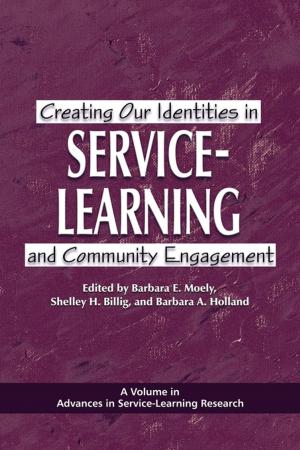| Author: | Shane Ralston | ISBN: | 9781617355370 |
| Publisher: | Information Age Publishing | Publication: | November 1, 2011 |
| Imprint: | Information Age Publishing | Language: | English |
| Author: | Shane Ralston |
| ISBN: | 9781617355370 |
| Publisher: | Information Age Publishing |
| Publication: | November 1, 2011 |
| Imprint: | Information Age Publishing |
| Language: | English |
Confirming his moniker as “America’s philosopher of democracy,” John Dewey engaged in a series of public debates over the course of his lifetime, vividly demonstrating how his thought translates into action. These debates made Dewey a household name and a renowned public intellectual during the early to midtwentieth century, a time when the United States fought two World Wars, struggled through an economic depression, experienced explosive economic growth and spawned a grassroots movement that characterized an entire era: Progressivism. Unfortunately, much recent Dewey scholarship neglects to situate Dewey’s ideas in the broader context of his activities and engagements as a public intellectual. This project charts a path through two of Dewey’s actual debates with his contemporaries, Leon Trotsky and Robert Hutchins, to two reconstructed debates with contemporary intellectuals, E.D. Hirsch and Robert Talisse, both of whom criticized Dewey’s ideas long after the American philosopher’s death and, finally, to two recent debates, one on home schooling and the other on U.S. foreign policy, in which Dewey’s ideas offer a unique and compelling vision of a way forward.
Confirming his moniker as “America’s philosopher of democracy,” John Dewey engaged in a series of public debates over the course of his lifetime, vividly demonstrating how his thought translates into action. These debates made Dewey a household name and a renowned public intellectual during the early to midtwentieth century, a time when the United States fought two World Wars, struggled through an economic depression, experienced explosive economic growth and spawned a grassroots movement that characterized an entire era: Progressivism. Unfortunately, much recent Dewey scholarship neglects to situate Dewey’s ideas in the broader context of his activities and engagements as a public intellectual. This project charts a path through two of Dewey’s actual debates with his contemporaries, Leon Trotsky and Robert Hutchins, to two reconstructed debates with contemporary intellectuals, E.D. Hirsch and Robert Talisse, both of whom criticized Dewey’s ideas long after the American philosopher’s death and, finally, to two recent debates, one on home schooling and the other on U.S. foreign policy, in which Dewey’s ideas offer a unique and compelling vision of a way forward.
